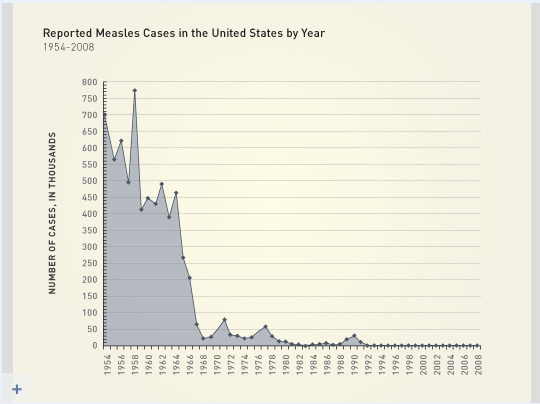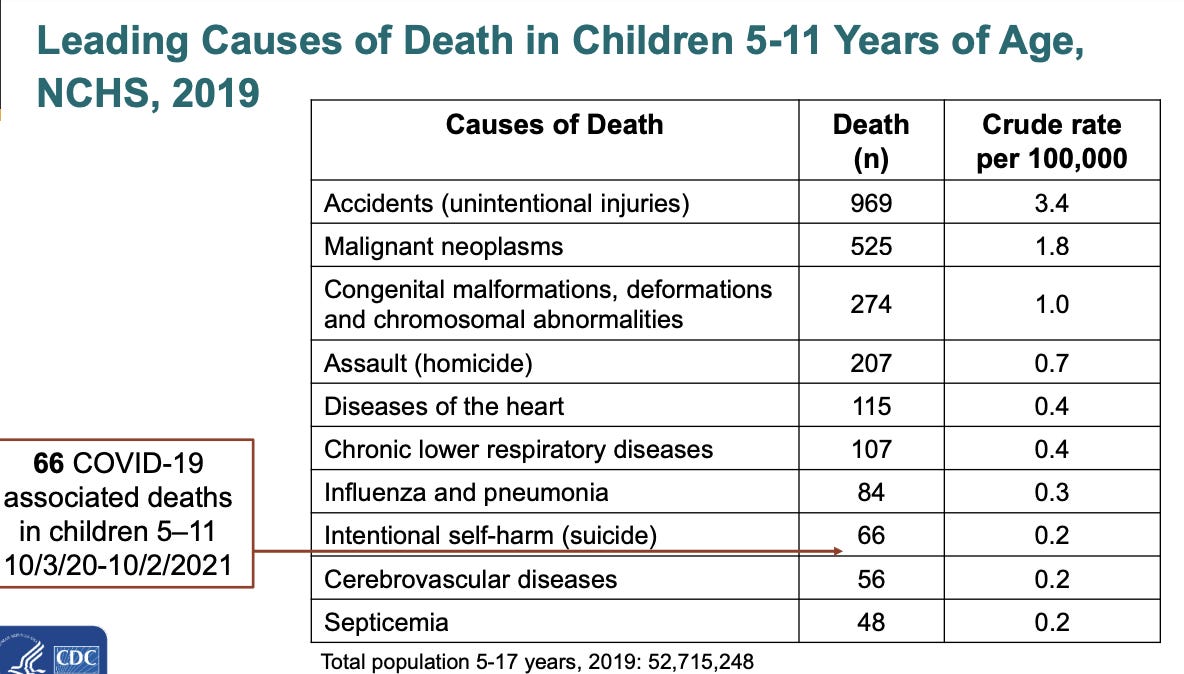Normally this newsletter is funny hahahaha but this week I’m talking about COVID and kids and vaccines. There’s no shaming in what I discuss below; I talk about our thought process in deciding to get our 5 year old vaccinated this past weekend. If you’re not ready to get your kids vaccinated, I totally get it. But I encourage you to read this below and give the vaccination some thought. I also encourage you to share this story with as many folks as you can. It’s important that we all understand the facts behind getting our kids vaccinated.
As things go, I’m probably considered an “expert” in a few areas. Building humanitarian data systems in sub saharan Africa is one. Nachos is clearly another. 1980s baseball trivia and Bobcat Goldthwait’s movie catalog likely round out my expertise portfolio. My expertise in these areas has either come from a combination of education, years of hands on training, thousands of hours spent in front of a TV watching TBS, or countless trips to Applebees to get their delicious “Neighborhood Nachos”. My impersonation of Bobcat Goldthwait is probably the thing my dad liked about me the most, so much in fact that there are VHS tapes lurking somewhere in the universe of 11 year old TJ doing entire riffs from Police Academy.
But we’re not here to talk about Bobcat and his legendary performance in One Crazy Summer. We are here to discuss professional expertise and how watching a few YouTube videos is not how one develops into an expert.
Well before COVID hit, I was fascinated by vaccinations and preventative treatments designed for children in low and middle income countries. My day job is running a software company that helps global health organizations like WHO, CDC, and others manage their data. We help these organizations collect data on how many treatments (and vaccines) are needed in a given area, how many children have actually been treated, and what (if any) side effects they may have had (sidenote: in an odd twist of fate I’m very familiar with the use of Ivermectin in humans to treat something called onchocerciasis). I’ve traveled to 7 African countries and to some of the remotest villages Westerners can imagine to participate in these treatment campaigns. I’ve seen young children line up to receive their medicine. I’ve seen severe adverse reactions to these medicines (it’s not pretty but it’s also not lethal). I say all of this because despite a lot more firsthand knowledge of vaccinations than the average person, I am not an expert on how vaccines work, how effective they are, how they were developed, or whether to not I should give them to my children. I leave those decision to the experts.
Trust the science
I’m a dad and almost everything we do with our young children comes with a certain amount of risk. There are risks that we instinctively know are good for children. Allowing them to climb a tall playground equipment teaches them to know physical boundaries (and how to get freakin awesome at the monkey bars). Riding a bike teaches them independence. Letting your kids go to a friend’s house for a sleepover teaches mom and dad to let got a bit and just trust that all will be good. There are child development experts out there who have studied that these things are good for kids, but I don’t really need these experts to show me the data. I just know that the risks are worth it.
Other risks, though, require us to trust that there are experts who have spent their entire careers studying and learning and engineering the world around us to make things safer for our children. Riding around in a car (or a bike as we often do) is about as deadly as anything Americans do. But we buckle our kids into car seats and put helmets on them when we’re on our bike to help avoid death or severe injury (deaths among children on bikes are down 93% and childhood deaths in motor vehicle accidents are down 56% since 1975, respectively).
Living in a world where communicable disease exists means taking precautions to prevent us from getting those diseases. Look at Measles. Everyone reading this newsletter is likely to have had their MMR vaccine at some point in their life. Thanks to this vaccine we went from around 800,000 reported cases of Measles per year in the early 60s to around 1,200 reported cases in 2019. That is a 99.15% reduction in cases!
We do these things, wearing helmets and buckling into carseats and taking the MMR vaccine not because we ourselves are experts. There are “risks” associated with these things. Wearing a helmet slightly impairs our vision. How do I unbuckle my kid from a carseat if I accidentally plunge into a river. Taking the MMR means there’s a small chance I’ll get sick. These things all sound far fetched (and they are, trust me) but they have a similar level of risk with taking the COVID vaccine.
The science and data of the COVID vaccine tells us that side effects for children are pretty routine from this vaccine. Fatigue. Pain in the arm. Maybe a slight fever. Similar to what you might see after a flu vaccine. More severe reactions, namely myocarditis (inflammation of the heart muscle) happens about 50 cases per million doses. This is roughly the same percentage of adverse reactions found in most vaccines.
Takeaway: the risk of getting sick from the COVID vaccine is far (FAR) outweighed by the benefits (more on that below).
Ok but kids don’t get sick from COVID…
Let’s agree, for the moment, that we’ve overcome our objection to taking the vaccine because it might cause some long term problems in our kids. Now the question becomes “if kids don’t really get sick from COVID, why vaccinate them??”. And this is largely true; kids are not nearly as likely to be hospitalized or die from COVID as older cohorts are. In fact, COVID seems to cause fewer hospitalizations and deaths than the flu does in kids (source: CDC).
However! COVID is far more transmissible than the flu is. For every person who gets the flu, they will transmit it to 2 people (on average). This is called the R0 (r-naught). COVID, on the other hand, is somewhere between 3 (for the original strain) and as high as 7-9 for the delta variant. So for every person who gets COVID, they are likely to transmit it to between 3 and 9 people! I’ll tell you a very personal story on how I saw this transmission rate play out first hand.
Back in September, our 3 year old was sent home from daycare as having been exposed to COVID from someone in her class. We weren’t too worried about it; she exhibited no symptoms and seemed totally normal. We did the right thing and quarantined at home though. We did rapid tests and they came back negative. All is good! However, we did a PCR on the last day of quarantine and it came back positive (it took us 7 days to get that positive result back). She had COVID. Within days Megan and I would develop symptoms and test positive. Our 5 year old tested positive as well. So 1 person (our little asymptomatic 3 year old) had spread it to everyone in our house. My wife and I, because we were vaccinated, developed mild symptoms that brushed off after a few days. To the best of our knowledge, we transmitted it to no one else. The vaccine did its job of preventing severe illness and dramatically reducing our ability to spread the virus to other people. (More on the timeline of events can be found in this twitter thread)


The vaccine is approved for kids! WOOOHOO!
A few weeks ago when the vaccine was approved for kids 5-11, there wasn’t really any hesitation when it came to whether or not we should get Lil, our 5 year old vaccinated. We looked at the risks and decided that they were minimal. We looked at the science and the YEARS of mRNA research that has gone into prepping for this vaccine. We looked at the tens of thousands of person hours spent in labs, the thousands of parents brave enough to enroll their children in field trials, and the dozens of clinicians, infectious disease physicians, and epidemiologists who ultimately decided that, through their expertise, this vaccine was safe. We took all this in and we said “Let’s trust them. They are the experts”.
This past weekend Lil got her first dose. She handled it like a champ (thanks to some brownies and a lollypop).







YES!! Very good piece--thank you for writing!